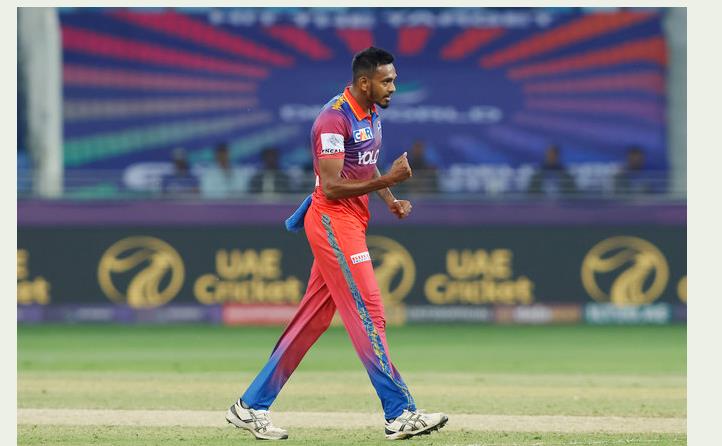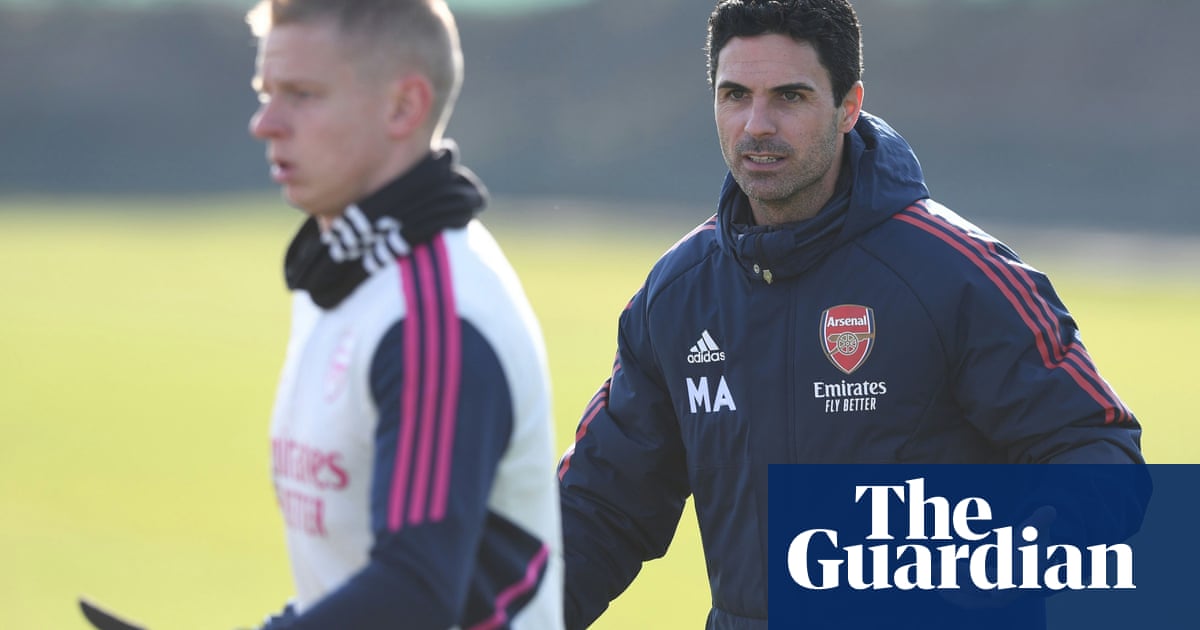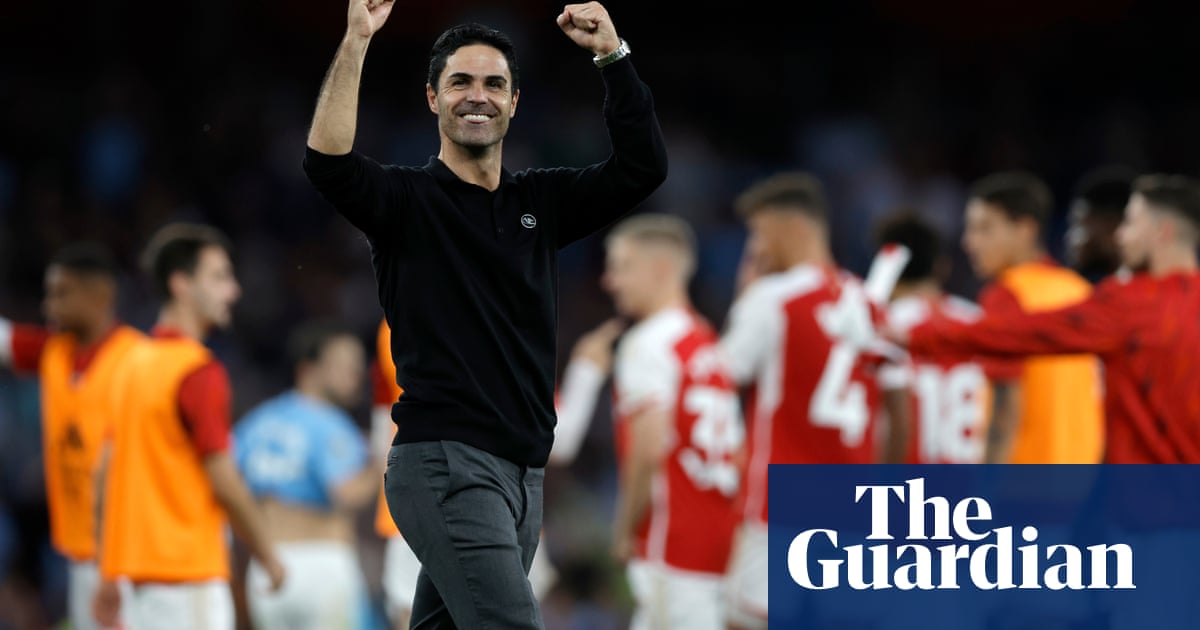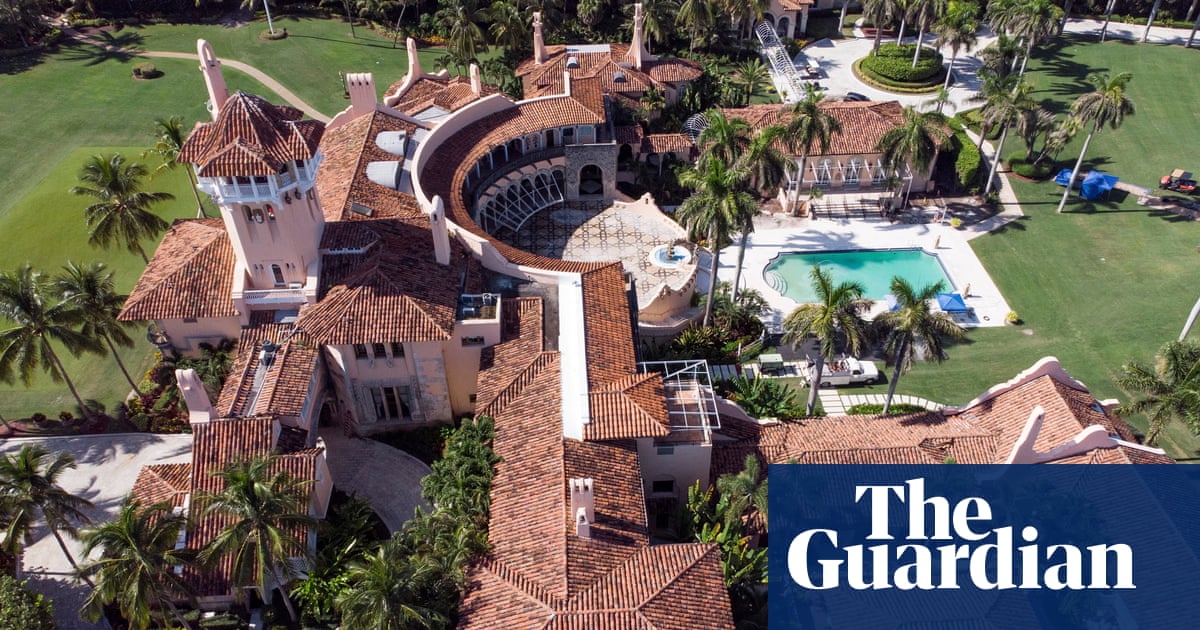
Everybody wants their own Pep Guardiola. Everybody wants to find a former player, steeped in the traditions of the club, who can bring great success, preferably by using products of the academy. But the problem with geniuses is that there aren’t many of them about.
It’s also the problem of clubs: for all the talk of identities and DNA, very few of them actually have a cogent philosophy that binds first team to youth sides, or at least not one that has been in place for long enough to turn out a player who can return almost two decades after their debut to find an academy still turning out players shaped by the same prevailing idea.
Understanding the DNA of the club often seems to be little more than a euphemism for being popular enough with the fans to stave off criticism for a while. It worked for Frank Lampard at Chelsea, where some fans continue to insist he should have been given more time despite the profound improvement under Thomas Tuchel, and it has fostered a belief in progress at Old Trafford under Ole Gunnar Solskjær, despite their inconsistency. But the return of fans to the Emirates on Sunday for Arsenal’s game against Chelsea will be a major test of how much goodwill Mikel Arteta has in reserve.
Whether any club with top-four aspirations should be appointing a manager without experience is debatable: Guardiolas are extremely rare. But that caveat aside, Arteta seemed a reasonable bet. He had been a notably intelligent player and had served an apprenticeship under Guardiola, for whom he was far more than a cone-distributor or a yes-man. But Sunday will mark 20 months since he took the job and, 86 games into his Arsenal managerial career, it’s still hard to work out whether there has been any progress.
In part that’s because the Arsenal job is clearly a difficult one. This is a club that has been in decline for the past 15 years. Having invested heavily in a vast new stadium, Arsenal opened it to discover that the world had changed: what actually determines a club’s financial level is less the size of their ground, or the revenue-generating capacity of its corporate facilities, than having the backing of an oligarch or a state. Instead, Arsenal ended up being sold to an absentee owner whose priority appears to be keeping things ticking over to draw a dividend rather than winning trophies.
At the same time, an ageing manager lingered too long and the club sank into decadence, both in terms of its structures and its mentality. Attempts to impose a more modern methodology have been, to put it kindly, unconvincing. It’s not just the amount of money that’s been spent, it’s what it’s been spent on.
How were Pierre-Emerick Aubameyang, Alexandre Lacazette, Mesut Özil and Nicolas Pépé, before this summer Arsenal’s four most expensive signings, ever supposed to play together? How is Pépé the joint 20th most expensive signing of all time (and why was he signed rather than Wilfried Zaha, who seems to have been the initial priority)? Has the £130m spent this summer made them any better?
Ben White, bought for £50m in the summer, is a fine footballing defender who thrived in a back three at Brighton. But play him as one of a central defensive pair, as Arsenal did at Brentford last Friday, and his aerial shortcomings (only 51% of aerials won over his career, which is low for a central defender; Harry Maguire, for instance, wins 72%, or James Tarkowski 69%) become problematic.
Edu, the sporting director, had spoken of an “unprecedented” summer, and in the sense Arsenal have stopped giving big contracts to thirtysomethings and started signing under-23s with a resale value, perhaps it is. But beyond a focus on youth, it remains hard to discern a coherent strategy. How is this group of players supposed to be playing? However difficult the circumstances, though, the fact remains that Arteta has a lower win percentage than Unai Emery did when he was sacked.
The clock is beginning to tick, with reports this week suggesting the club will assess his position in December, when he will have been in the job two years. Would Emery have worked out, given more time and better circumstances? It’s hard to know; he is clearly a good manager at B+ Spanish clubs; outside La Liga, his record is mixed.
Which doesn’t mean Arteta is necessarily doing a bad job, but neither is he necessarily doing a good one. He often seems an intense, isolated figure, but then that is often the way after a poor result. Success has many parents but even the orphanage is trying to distance itself from that limp defeat at Brentford.
What made that game so frustrating for Arsenal was that they had finished last season so well, with five straight league wins. But the same had been true a year earlier, as they beat Liverpool in the Premier League and Manchester City and Chelsea in winning the FA Cup, only for that momentum to be lost with a run of two wins in 12 in the league from the end of September.
After the slick interplay and the sense of young talent blossoming in May, to open with a defeat like last Friday’s, lacking not only in quality and cohesiveness but also in fight, felt a huge setback even if the absence of key players offers some mitigation. Arsenal’s next league game after Chelsea is Manchester City away. It’s quite possible they could play well and still be bottom of the table on no points by the international break.
That then really would be a test of how much credit Arteta has among Arsenal fans. The problem for any new manager is that when things go wrong, there is no store of experience on which to draw. Gaining that experience of difficulty at Arsenal presumably isn’t what anybody had in mind.
Will it come good for Arteta, and if so in how long? Will he survive the December assessment? Has there been progress? The problem is the chaotic circumstances make it almost impossible to tell.












